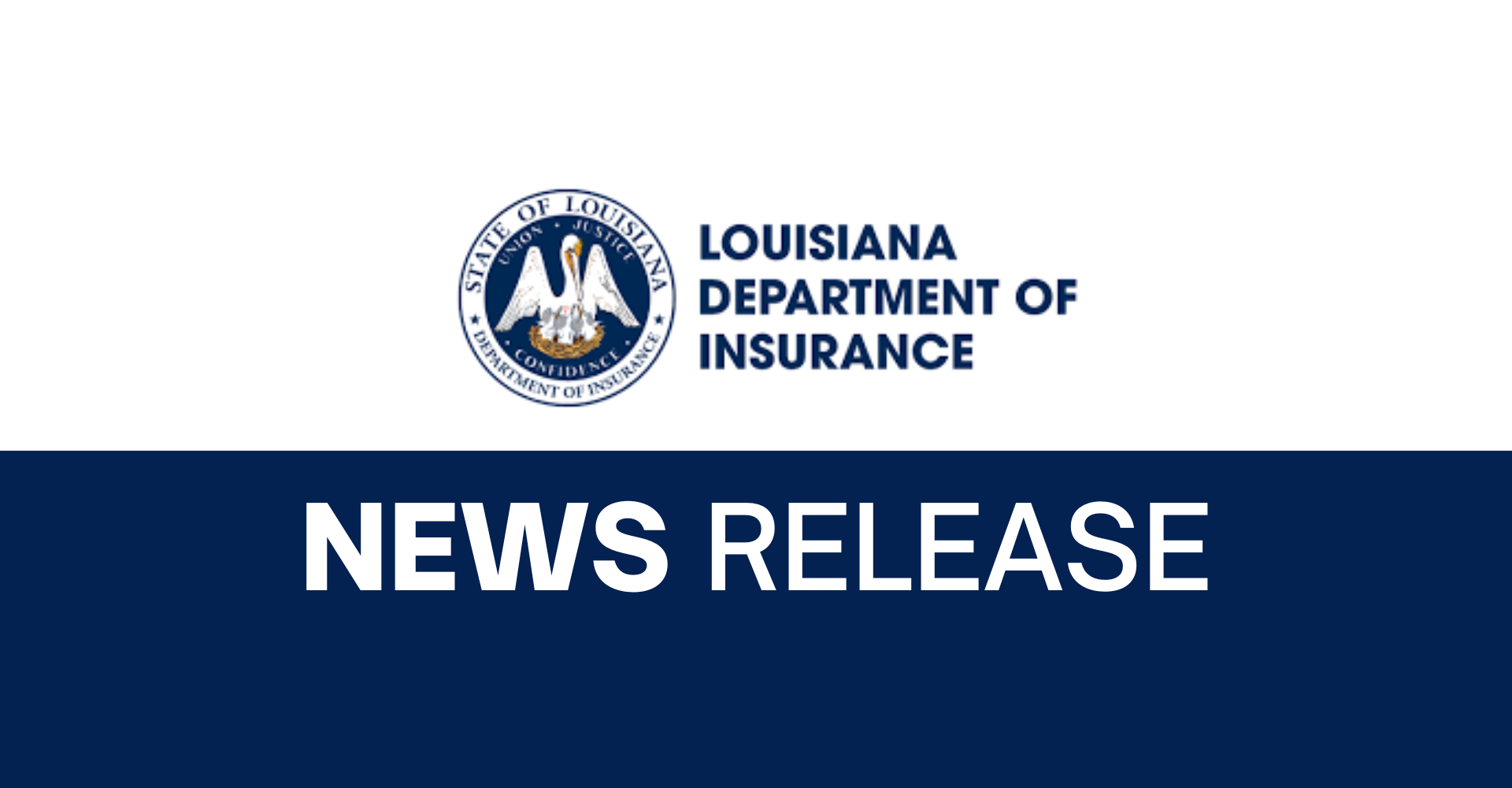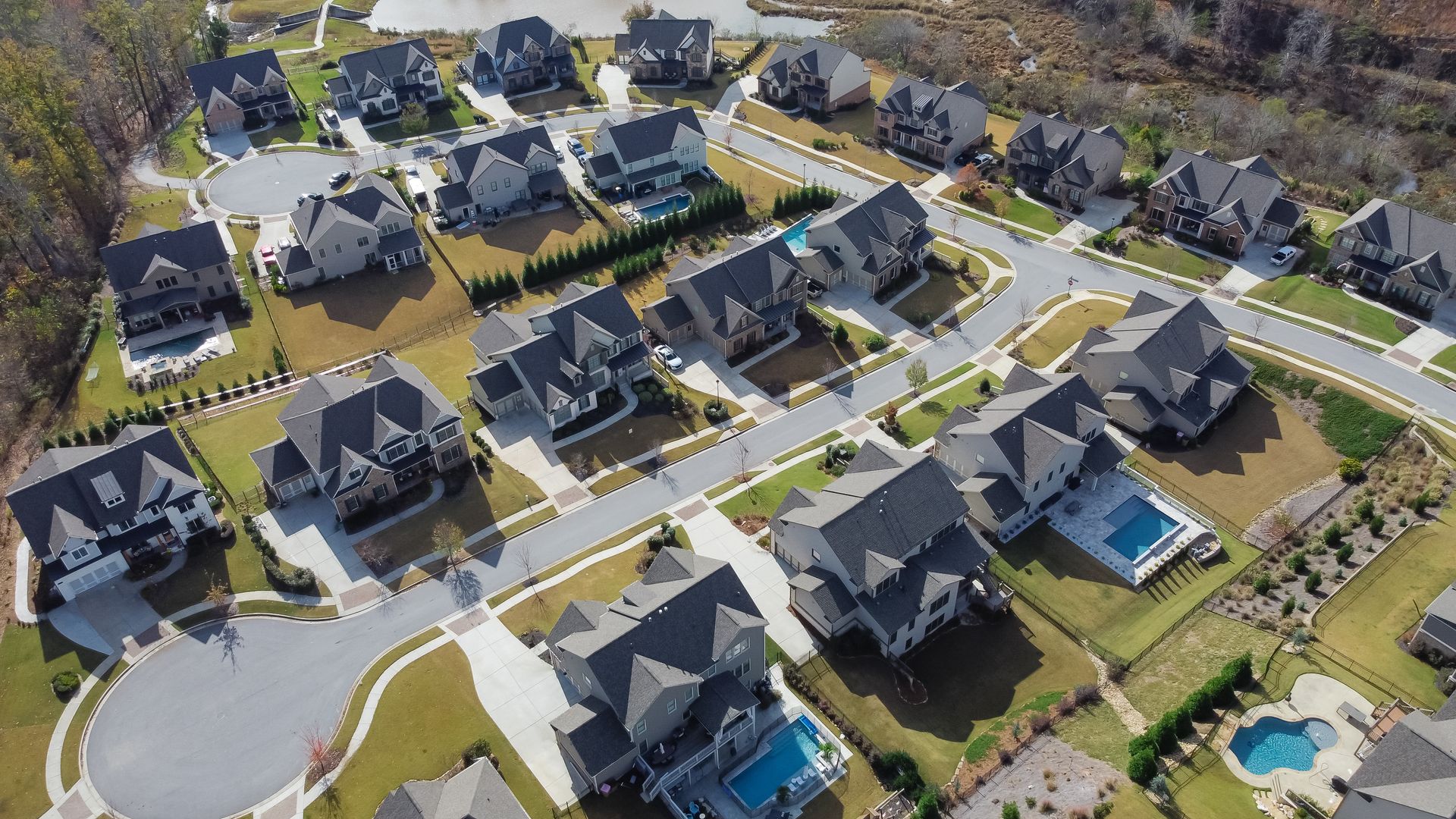Seller's Responses to Property Disclosure Document
Amy Fennell • August 14, 2017
Louisiana law requires residential sellers to complete to the best of their knowledge a "property disclosure document" detailing the condition of the property being sold.[1] Most residential sellers complete the property disclosure document form prepared by the Louisiana Real Estate Commission ("property disclosure document" or PDD). A recent Louisiana case calls into question how sellers should respond to the PDD questions.
1. BACKGROUND OF CASE
In Valobra v. Nelson, the buyer sued the seller alleging the seller misrepresented the condition of the property by checking the "no" box on the PDD instead of the "no knowledge" box as to questions regarding the condition of the property.[2] The buyers allege because of this misrepresentation by the sellers on the PDD, the buyers agreed to buy the property "as is" and waive redhibition rights in the Act of Sale. Redhibition is a warranty required by state law to be given to a buyer unless waived by the buyer. Redhibition means the buyer can sue to return the property to the seller or get a refund of a portion of the purchase price after the sale if the buyer discovers a defect in the property that if the buyer had known about prior to the sale he would not have bought the property.[3] The Valobra buyers alleged that the sellers checked the box marked "no" in response to questions on the PDD regarding whether the property had certain defects. Defects in the property were later discovered. The sellers then claimed they did not know of the defects in the property.[4] The buyers argued that the sellers checking the box marked "no" instead of the box marked "no knowledge" on the PDD and therefore intentionally misled the buyers into believing that the sellers had knowledge that there were no defects in the property. The buyers alleged the sellers were in bad faith and fraudulently induced the sellers to execute a waiver of redhibition contained in the Act of Sale by stating "no" instead of "no knowledge" of the defects.[5]
2. LOUISIANA SUPREME COURT ANALYSIS
In Valobra, the Louisiana Supreme began its analysis by citing Louisiana Revised Statutes § 9:3198(B)(1): "The seller shall complete the property disclosure document in good faith to the best of the seller's belief and knowledge . . . If the seller has no knowledge or information required by the disclosure document, the seller shall so indicate on the disclosure statement and shall be in compliance with this Chapter (emphasis supplied)."[6]
The Supreme Court held that the buyers need not prove the sellers had "actual knowledge" of the defect to bring the suit.[7] The Court declared that the "[p]laintiffs (buyers) have stated a cause of action to challenge the validity of the waiver (of redhibition),"—fraud—and "are entitled to litigate this threshold issue..."[8] The Court seems to imply that when sellers check "no," the sellers are representing the property does not have a certain defect and when sellers check "no knowledge," the sellers are merely not aware of the defect.
The Valobra decision is limited in its application due to the fact that what was before the Court was to determine the buyers had effectively stated a cause of action to challenge the validity of the waiver and were entitled to move forward with the litigation.[9] The Supreme Court returned the case to the trial court level and the litigation is ongoing.[10] The Court has not rendered a final decision on whether or not the Valobra buyers were misled.
3. THE LOUISIANA REAL ESTATE COMMISSION
The Valobra decision highlights a need to protect sellers from inadvertently subjecting themselves to claims for fraudulent misrepresentation and protect buyers from misinterpretation of the information provided by sellers. The Louisiana Real Estate Commission is considering this issue and may provide additional clarity for a seller's disclosures through changes to the PDD.
4. CONCLUSION
The Valobra Court's holding is a word of caution for sellers to closely consider their responses to the PDD. Sellers should consider refraining from checking the box marked "no" for any inquiry regarding defects in the property unless the seller actually has knowledge that the property does not have the property defect. The Court's decision indicates that the improper completion of the document can create a cause of action of fraud against the seller. The practical consequence of Valobra is that sellers should mark "no knowledge" regarding property defects if the sellers lack knowledge as to whether there are such defects in the property.
DISCLAIMER
These materials are to be used for informational purposes and should not be construed as specific legal advice. These materials are not designed to cover every aspect of a legal situation for every factual circumstance that may arise regarding the subject matter included.
This publication is for reference purposes only and association members or other readers are responsible for contacting their own attorneys or other professional advisors for legal or contract advice. The comments provided herein solely represent the opinions of the authors and is not a guarantee of interpretation of the law or contracts by any court or by the Louisiana Real Estate Commission.
[1] La. R.S. 9:3198 et seq.
[2] Valobra, 136 So.3d (La. 2013)
[3] La. Civil Code 2520
[4] Id.
[5] Id.
[6] Id.
[7] Id.
[8] Id.
[9] Id.
[10] In another recent case, Louapre v. Booher, 2016 WL 4555716 (La. App. 4th 2016) the court distinguishes Valobra in deciding whether to grant summary judgment.

From the Louisiana Department of Insurance: Insurance Commissioner Tim Temple announced today that the Louisiana Department of Insurance (LDI) continues its work to develop a regulation creating benchmark discounts for Fortified roofs in Louisiana. The LDI is working with the National Association of Insurance Commissioners (NAIC) to develop the benchmark discounts using Louisiana-specific data, hurricane modeling and actuarial considerations. “With over 11,000 Fortified roofs in Louisiana and two years-worth of insurer experience with rating for those roofs in our state, now is an appropriate time for the LDI to establish benchmark discounts for homeowners insurance companies operating in our market,” said Commissioner Temple. “These benchmarks are being thoughtfully developed to help consumers receive the discounts they deserve for fortifying their homes while making sure insurers know the benchmarks reflect how much Fortified roofs actually mitigate their exposure to risk across Louisiana.” Like in Alabama’s Fortified benchmark discount structure, the LDI regulation would require Louisiana insurance companies to either meet the minimum benchmark discount established by the LDI or provide actuarial justification for why the company’s discount does not meet the benchmark. Louisiana is the fastest growing state for Fortified roofs in America. To date, over 11,000 Fortified roofs have been installed in Louisiana, including over 4,100 through the Louisiana Fortify Homes Program.




